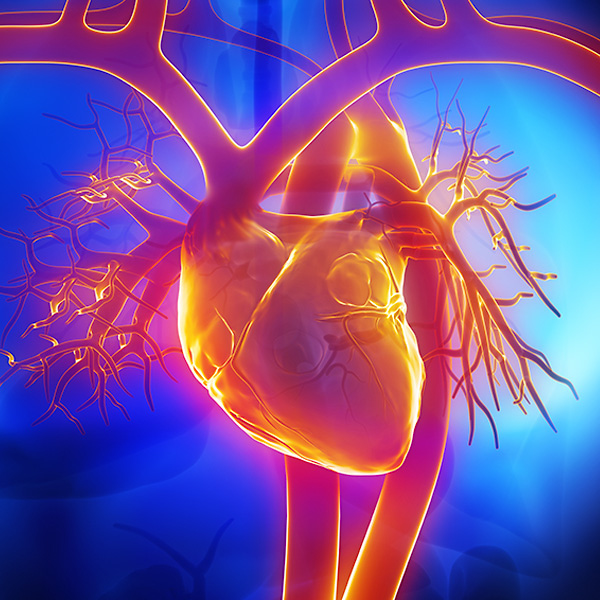Overview and Facts about Diabetic Heart Disease
Diabetic heart disease (DHD) is a group of conditions that develop in people with diabetes or prediabetes. These heart conditions can include:
- Coronary heart disease
- Heart failure
- Diabetic cardiomyopathy
DHD can occur in people with both type 1 and type 2 diabetes. Overall, men with diabetes are twice as likely to have a heart attack as someone without diabetes. Women are in more danger with three times the risk of heart attack compared to general populations.
Signs and Symptoms of Diabetic Heart Disease
In many cases, DHD does not cause any signs or symptoms, making it hard to diagnose. Doctors believe this may be because diabetic-related nerve damage reduces the sensation of chest pain, which is one of the major symptoms of coronary heart disease.
If you do have symptoms, they will vary depending on which heart conditions you have, but may include:
- Pressure or squeezing in the chest
- Nausea
- Fatigue
- Shortness of breath
- Feeling lightheaded
- Weakness
- Swelling in the lower limbs
Causes and Risk Factors of Diabetic Heart Disease
Doctors believe that there are several factors that contribute to the development of diabetic heart disease, including:
- Coronary atherosclerosis, which is a buildup of plaque in the arteries
- Metabolic syndrome, which is a group of risk factors, such as obesity and high triglyceride levels
- Insulin resistance, which is when your body can’t use the insulin it produces
- The combination of pre-existing coronary heart disease, high blood pressure and diabetes, which can severely strain and damage the heart
Overall, it appears that the higher your blood sugar level is, the higher your risk of developing DHD. Additionally, men over the age of 45 and women over the age of 55 are at a greater risk of developing DHD.
Tests and Diagnosis of Diabetic Heart Disease
Your doctor will use a combination of your medical and family history, a physical exam, and test results to diagnose diabetic heart disease. Some of the tests they may conduct include:
- Blood pressure measurement
- Blood tests to check your cholesterol, fat, protein, and sugar levels
- Chest X-ray to get a closer look at the structures of your circulatory system
- Electrocardiogram to measure your heart’s electrical activity
- Stress test to see how your heart works when under physical strain
- Urinalysis to look for abnormal protein or blood levels
Treatment and Care for Diabetic Heart Disease
One of the most important treatments for DHD is a lifestyle change. With lifestyle changes like eating healthier, losing weight, and being more active, you can greatly improve your outlook. You’ll also want to reduce stress and quit smoking.
Certain medicines can also lower your blood pressure, control your blood sugar levels, reduce your blood cholesterol levels, and more.
Finally, if you have a serious form of DHD, your doctor may recommend a medical procedure such as:
- Percutaneous coronary intervention or coronary artery bypass grafting to improve blood flow to the heart and relieve chest pain.
- Cardiac resynchronization therapy device (pacemaker) or implantable cardioverter defibrillator to control your abnormal heart rhythm

